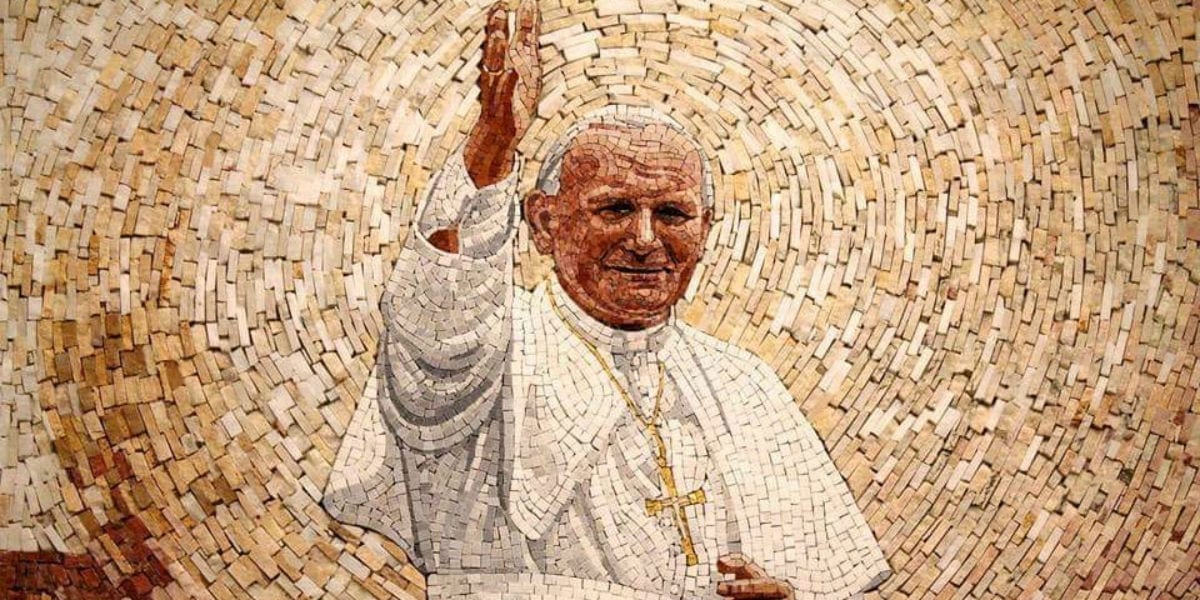Pope Leo XIV – Inaugural Mass Homily
Elected on May 8, 2025, as the 267th successor of St. Peter, Pope Leo XIV’...

Many evangelical Christians have the impression that being a Catholic is all about performing set rituals, observing Church laws, holding certain doctrines. Perhaps some Catholics have given them just such an impression. Of course, a life of pure intellectual faith and outward observance is unworthy of the name Christian and Catholic. Here are some quotes from John Paul II demonstrating that Catholic Christianity is a matter of a personal, living relationship with our Lord and Savior, Jesus Christ – a relationship that is meant to grow ever deeper – Dr. Italy
The proclamation of the Word of God has Christian conversion as its aim: a complete and sincere adherence to Christ and his Gospel through faith. Conversion is a gift of God, a work of the Blessed Trinity. It is the Spirit who opens people’s hearts so that they can believe in Christ and ‘confess him’ (cf. 1 Cor 12:3); of those who draw near to him through faith Jesus says: ‘No one can come to me unless the Father who sent me draws him’ (Jn 6:44). From the outset, conversion is expressed in faith which is total and radical and which neither limits nor hinders God’s gift. At the same time, it gives rise to a dynamic and lifelong process which demands a continual turning away from ‘life according to the flesh’ to ‘life according to the Spirit’ (cf. Rom 8:3-13). Conversion means accepting, by a personal decision, the saving sovereignty of Christ and becoming his disciple.”
Pope John Paul II, Encyclical Letter Mission of the Redeemer (1990) 46.
“Sometimes even Catholics have lost or never had the chance to experience Christ personally: not Christ as a mere ‘paradigm’ or ‘value’, but as the living Lord, ‘the way, and the truth, and the life’ (Jn 14:6).”
Pope John Paul II, L’Osservatore Romano (English Edition of the Vatican Newspaper), March 24, 1993, p.3.
“It is necessary to awaken again in believers a full relationship with Christ, mankind’s only Savior. Only from a personal relationship with Jesus can an effective evangelization develop.”
Pope John Paul II, speech to bishops of Southern Germany, Dec. 4, 1992. L’Osservatore Romano (English ed.), Dec. 23/30, 1992, pp. 5-6.
For more great Catholic resources on evangelization and a personal relationship with Jesus Christ, see the EVANGELIZATION section of the Crossroads Initiative Library.
No Comments